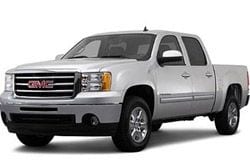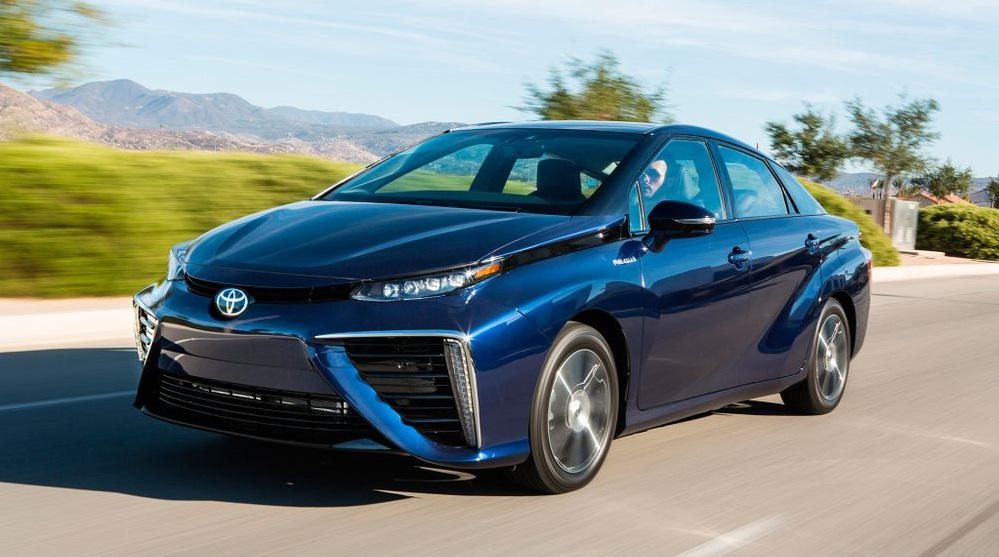
The hydrogen car: how does it work?
Content
A hydrogen car, a member of the eco-friendly car family, is carbon-free because its engine does not produce greenhouse gases. It is a real alternative to gasoline or diesel vehicles that pollute and harm the environment and the preservation of the planet.
🚗 How does a hydrogen car work?
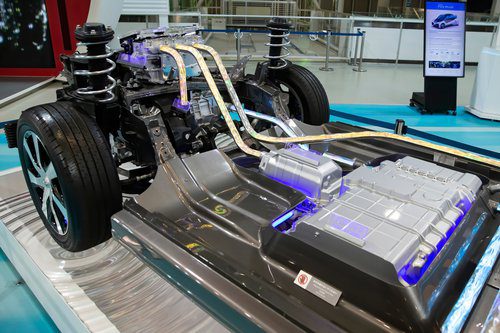
The hydrogen car belongs to the electric vehicle family. Indeed, it is equipped with an electric motor with Fuel cell : We are talking about Fuel cell electric vehicle (FCVE). Unlike other battery electric vehicles, the hydrogen car independently generates the electricity it needs to travel using a fuel cell.
The latter works like a real one power station... The electric motor is combined with accumulator battery and a hydrogen tank. The braking energy is restored, so it is the electric motor that converts kinetic energy in electricity and stores it in the battery.
The hydrogen car makes almost no noise. It has a fairly powerful start, since the engine is loaded even at low speeds. One of the great advantages of this type of vehicle is that the hydrogen tank is full. less than 5 minutes and can hold on 500 km.
In addition, their autonomy is not affected by external temperatures, so a hydrogen car works just as easily in winter as in summer. This is a very important step forward from an environmental point of view, because the only emissions from a hydrogen car are: water vapor.
⏱️ When will the hydrogen car appear in France?
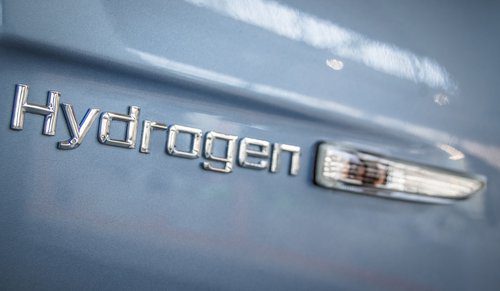
There are already several hydrogen car models in France, especially brands such as BMW, Hyundai, Honda or Mazda... However, the demand for cars of this type from motorists remains very low. The problem also lies in the number of hydrogen stations present throughout the territory: 150 only against more than 25 stations for electric vehicles.
Plus, despite the myriad benefits, fueling a car with hydrogen is quite expensive. On average, a kilogram of hydrogen is sold between 10 € and 12 € and allows you to drive about 100 kilometers. Thus, a full tank of hydrogen stands between 50 € and 60 € reach an average of 500 kilometers.
Thus, a full tank of hydrogen costs twice as much as a full tank of electricity at home for an electric car. Added to this higher purchase price a hydrogen vehicle versus a conventional passenger car (gasoline or diesel), hybrid or electric vehicle.
💡 What are the different hydrogen car models?
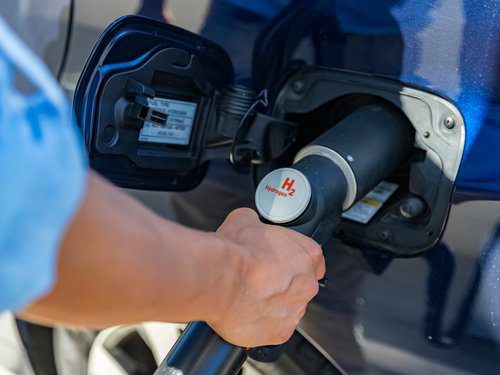
Several tests are carried out each year for comparison power, reliability and comfort hydrogen car models are available. The following models are currently available in France:
- L'Hydrogen 7 de BMW;
- La GM Hydrogen 4 the BMW;
- Honda HCX Clarity;
- Hyundai Tucson FCEV;
- Nexo from Hyundai;
- Class B F-cell Mercedes ;
- Mazda RX8 H2R2;
- Past Volkswagen Tonghi fuel cells;
- La Mirai de Toyota;
- Renault Kangoo ZE;
- Renault Z.E. Hydrogen Master.
As you can see, there is already many models available which are sedans as well as cars, SUVs or trucks. The PSA group (Peugeot, Citroën, Opel) plans to switch to hydrogen in 2021 and offer motorists cars with this type of engine.
Hydrogen cars are quite rare in France because their use has not yet become democratic among motorists, and there is no structure for their industrial production.
💸 How much does a hydrogen car cost?

Hydrogen cars are known to have a fairly high entry price. This is usually double the price of a hybrid or electric car. The average cost of buying a new hydrogen car is 80 euro.
The high price tag is due to the small fleet of hydrogen vehicles. Therefore, their production is not industrial and requires significant amount of platinum, very expensive metal. It is used, in particular, to create a fuel cell. In addition, the hydrogen tank is large and therefore requires a larger vehicle.
Now you know everything there is to know about a hydrogen car and its benefits! It's still a rarity in France, but it's a technology that has a bright future ahead of it due to its compatibility with environmental concerns. Ultimately, the prices of hydrogen and hydrogen cars should fall if motorists use them more on their daily commute!
